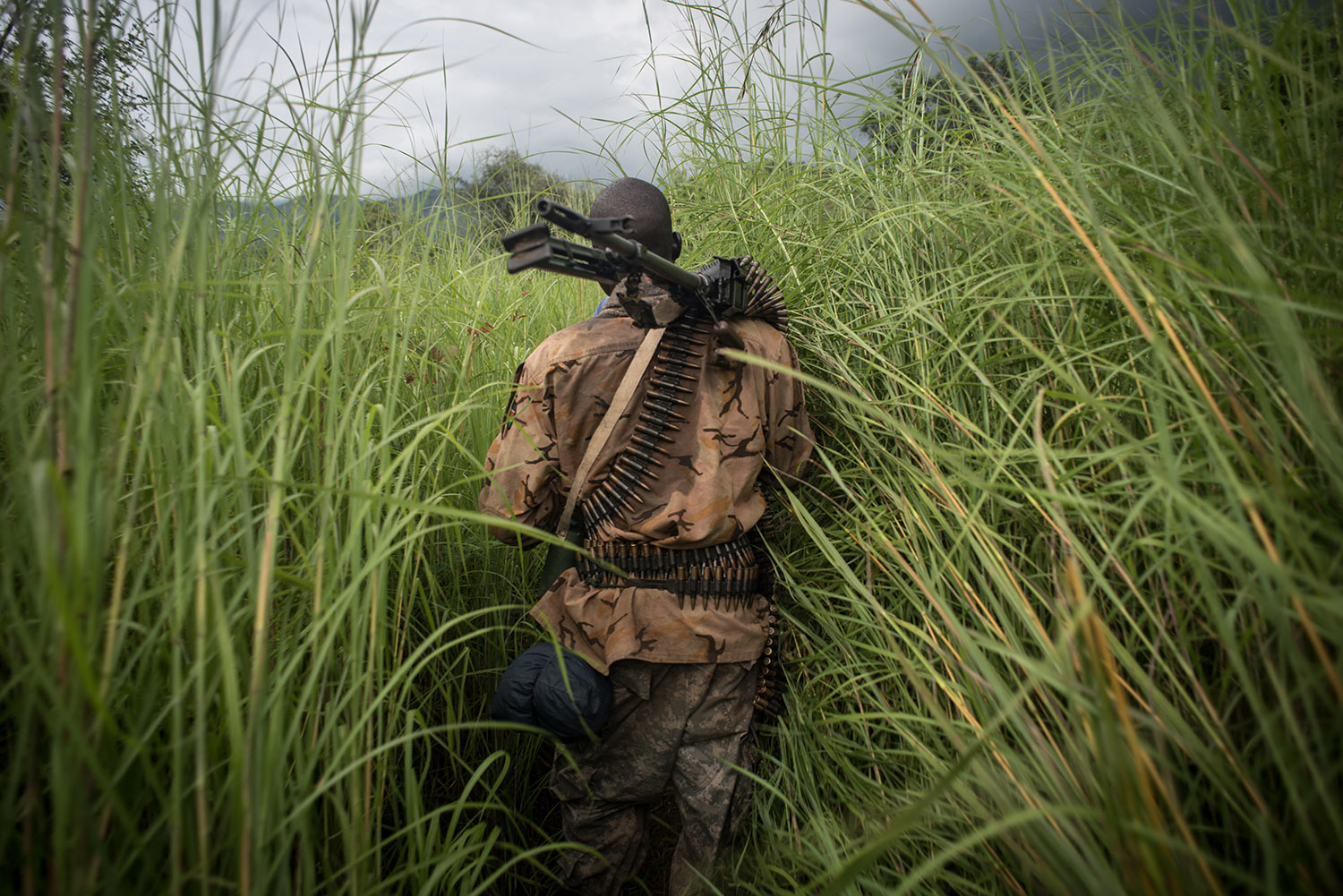
Early Warning Project
The Early Warning Project assesses the risk of mass atrocities in countries around the world.
Genocide and mass atrocities are devastating crimes in their scale and scope, in their enduring psychic scars for survivors, and in the long-term trauma they cause in societies where they occur. Despite past efforts to address systematic killing, and a body of law formed after the Holocaust to prevent and punish perpetrators, such crimes persist.
We use quantitative and qualitative methods to spotlight countries where mass atrocities have not begun, but where the risk for such violence is high.
We strive to improve this early warning system for mass atrocities by using a variety of publicly available data and forecasting methods.
The Early Warning Project is a joint initiative of the Simon-Skjodt Center for the Prevention of Genocide at the United States Holocaust Memorial Museum and the Dickey Center for International Understanding at Dartmouth College.
Photo above: A SPLA-In Opposition soldier walks through the elephant grass in rebel-held Magwi county ofSouth Sudan’s Eastern Equatoria state on August 28, 2017. USHMM/Jason Patinkin.



